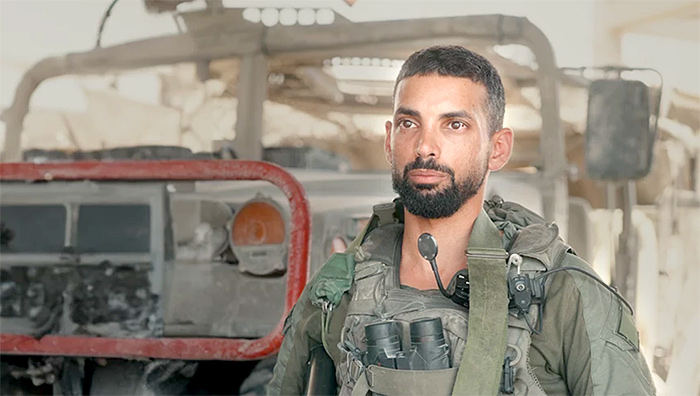Stories from the "War of Revival" IDF Spokesperson JUL 11, 2024
Major Yair Alkalai: Hero from 2014 fights in Gaza again
5 of 5 free articles left. Subscribe for unlimited access.
Upgrade to Premium
The commander who received a Medal of Honor during 'Tzuk Eitan' in 2014, returns to the belly of terror in Gaza
"We didn't know if this was the right thing to do, but it was clear - we are entering the tunnel":
Major Yair Alkalai encountered the tunnels of Gaza for the first time as a commander in the Givati patrol at 'Tzuk Eitan' - he bravely jumped into it, trying to save his comrades in arms. A decade after the incident for which he received a Medal of Honor, he fought again in Gaza, this time as a commander of reserve fighters. We went back to those moments.

Read more
Did you find this article interesting?